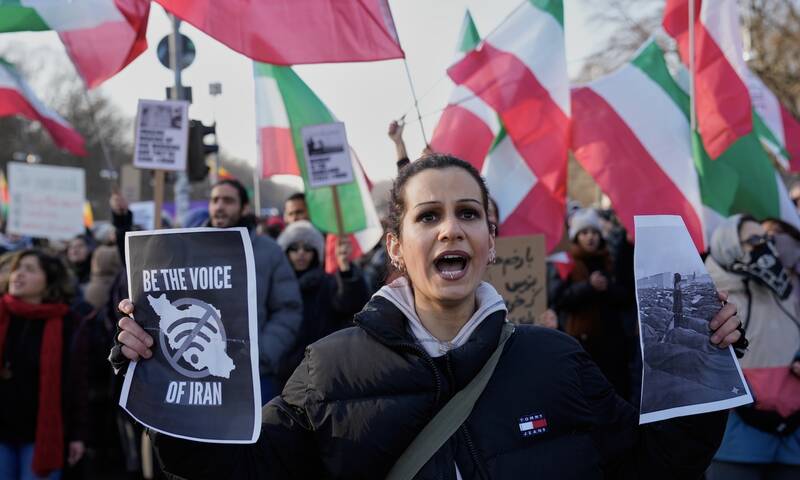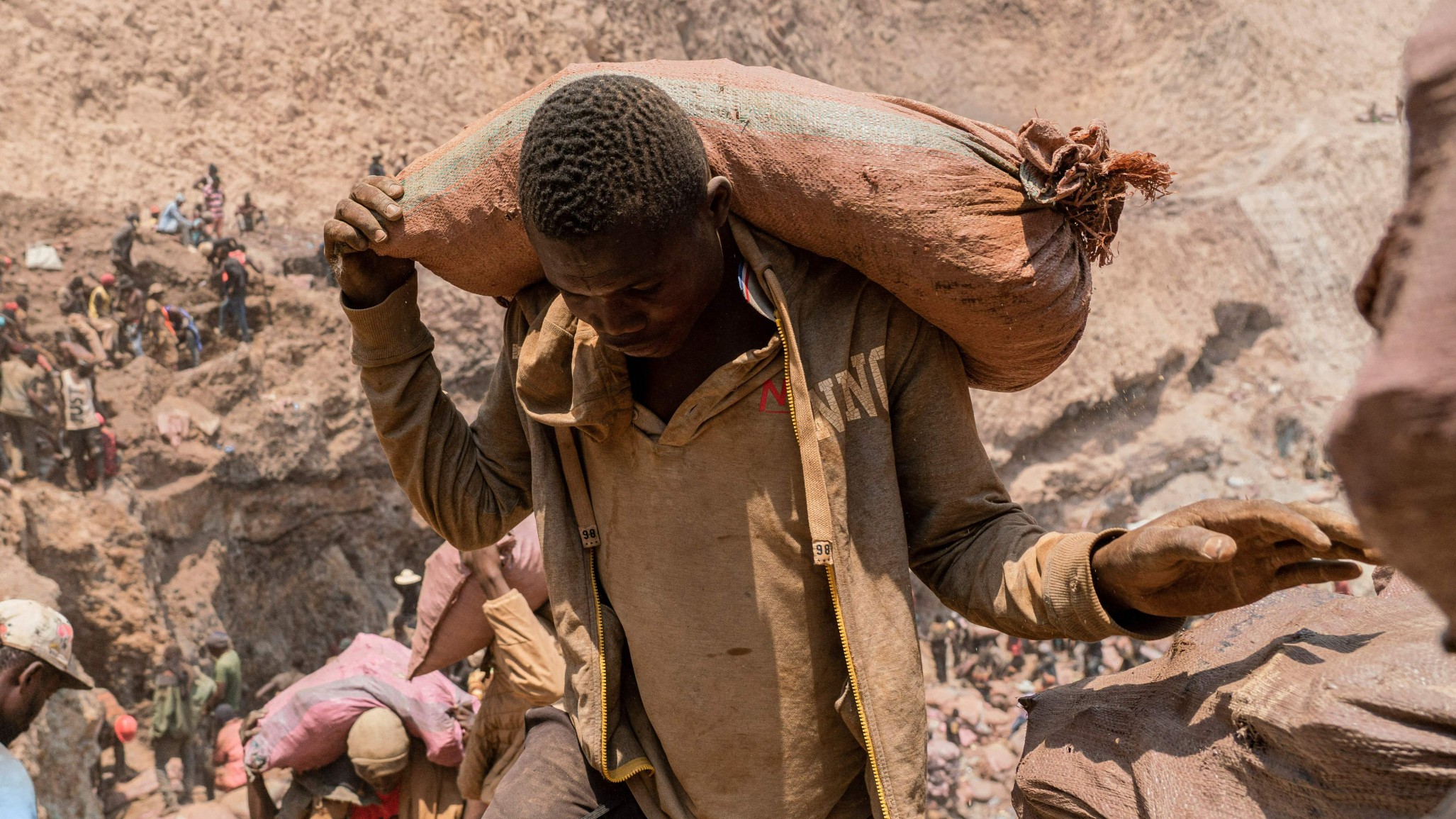Observing: the protection of passive viewing
In November 2016, my colleague Neha and I, two former journalists who had recently made the shift out of media and into the world of feminist activism and advocacy at the Asia Pacific Forum on Women, Law and Development (APWLD), joined an international observer mission to Malaysia ahead of the BERSIH 5 demonstration. The initial reason was several key figures from that movement for clean and fair elections had faced threats, and there was reason to believe that the government would meet the planned demonstration with a show of force.
We joined several other human rights organisations to monitor developments, and provide a form of protection through our observation, by letting government representatives and security personnel know that we were there to impartially document what we saw.
What followed is now well documented: on the eve of the demonstration, when Neha and I were at a cafe stop while doing a circuit of the rally sites with other observers, we received the news that the BERSIH office was being raided. Forcing one of our companions to abandon her food order, we rushed across to join a crowded stairwell. The glass door of the office was partially covered with a standing poster, but we could see police ransacking the office and taking files, computers, anything they could grab. BERSIH chairperson Maria Chin Abdullah could be seen sitting calmly and responding to any comments made to her. Off to the side was secretariat manager Mandeep Singh, who at one point was able to approach the glass door and symbolically press his open palm against it. Five, for BERSIH 5.
With the #MeToo movement, we see that globally, we have reached a point where this rage and this pain is a wave that cannot be contained anymore and the thousands of us who suffered and still suffer are telling the stories to everyone, even when there is still doubt, shaming and smearing of victims.
BERSIH’s lawyers, from Lawyers for Liberty, had their offices directly upstairs, and one of their lawyers was hovering outside the BERSIH office door with us. Before we arrived she was inside and had asked the police what were the charges and where was the warrant. They cited the Penal Code (section 124 C) and the Security Offences (Special Measures) Act or ‘SOSMA’, and said the warrant was on the way; on further questioning, they grew agitated and forced her out.
No warrant arrived. Once the police were done collecting as much as they could from the office, they took Maria and Mandeep out to the cars outside. With more than 30 people, a mix of lawyers, journalists, activists and BERSIH staff, all with phones and cameras out, they took great care not to put their hands on the detainees. A female officer gently used the palm of her hand to press against Maria’s back to guide her forward. Officers took similar care with Mandeep even as he called out to his supporters and raised his fist in a gesture of people power and courage.
This was not the first time that I’d seen police show extreme care in carrying out arrests because they knew they were being filmed on all sides; and yet it was an affirmation that our roles as observers was anything but neutral, and did have the effect of curbing any possible violence. In the years since, we have had more instances where APWLD staff have been present as observers, including at trials where the court staff and police become more invested in ensuring the prisoners are fed and offered water.
Witnessing: A Feminist Act Of Solidarity
To observe, to witness, as passive as it sounds, is powerful. Not only does it inhibit security forces; but it gives the disempowered a channel to share their side of the story. This is essential in understanding why there is feminist value in seeing and hearing, even when the trial is lost, the imprisonment is handed over, or, in so many instances of gender-based violence, the perpetrator is released with little to no consequences for their acts of violence.
There is and will be a great deal of reflection and analysis of the #MeToo era, and one aspect stands out as having something in common with the trial of war crimes: it is the act of hearing the stories and allowing the oppressed, the victims of crimes to set a historical record. Bearing witness to these testimonies is a vital part of achieving reconciliation and justice: when the call to #BelieveWomen is made, it is giving recognition of the reality that women live in, that violence fills their world and is systematically ignored.
Women, girls, queer persons already have a tradition of turning to each other and sharing the stories of our lived horrors: the priest or imam who fondled you when you were supposed to be receiving biblical or quranic instruction; the teacher who made you go to his house for solitary tutoring sessions; the late job interview that turned into a dinner date; the offer to give a ride home that led to groping in the car; the man who guilted you into sex, the man who insisted you have more to drink, the man who pushed you, the man who hit you, the man who raped you.
We have been hearing each other’s stories, holding each other and weeping for each other’s pain while we try to navigate the epidemic of gender-based violence worldwide. With the #MeToo movement, we see that globally, we have reached a point where this rage and this pain is a wave that cannot be contained anymore and the thousands of us who suffered and still suffer are telling the stories to everyone, even when there is still doubt, shaming and smearing of victims. The massive machinery of patriarchy embedded in every institution continues to defend all of the men no matter what. This tells me that the first thing is for us to do for each other is to listen and bear witness to each other, and recognise that these are not passive actions but are very much feminist ones.
That is just the first thing. We need to do more; and within establishment structure we use our listening to produce documentation, to frame recommendations, to urge participatory budgeting and overhauling an economic system that profits from patriarchy, militarism and oppression. But, systemic oppression is not going to be overhauled by smart policy recommendations. Systemic oppression can only be challenged by breaking the existing imbalance of power. It seems daunting in a global era where authoritarianism is rising (and with it, attacks on women’s rights as a method for macho strongmen leaders to assert their authority) and wealth inequality is greater than ever in human history. The only possible challenge to economic, military, corporate, political might, is the power of the people.
It seems daunting in a global era where authoritarianism is rising (and with it, attacks on women’s rights as a method for macho strongmen leaders to assert their authority) and wealth inequality is greater than ever in human history.
Also read: 101 On Solidarity: What Does It Even Mean?
Striking: The Natural Next Stage
Rebecca Solnit recently wrote that every protest shifts the world’s balance; and envisioned the wave of public protests worldwide as “the harvest of a change in public imagination”. Which in a way, brings us back to the litany, “They tried to bury us, but they didn’t know we were seeds”. Daily, at my work as I see update after update of political prisoners and their families suffering, courts fining communities pursuing their land rights, activists facing threats from the military, drug war killings in more and more countries – I keep telling myself, they cannot kill all of us. And it is hard to believe that authoritarians won’t, with the escalation of the climate crisis and the continued refusal to shut down fossil fuel industries. It is also understandable if the continued attacks (on peasants farmers, on indigenous peoples, on poor communities, on women and non-binary people) may feel too intimidated and afraid of consequences on their loved ones if they do not capitulate.
But increasingly, we are reaching breaking points, where, like anti-colonialists, abolitionists, suffragettes who came before us, we find that we have nothing to lose. We recognise more and more the importance of solidarity, we feel that selfless love for those who cannot rise up and are more ready than ever to act on what we hear and witness. It is a revitalisation of the popular ‘Anger, Hope, Action’ framework; and every time there is an action, we build courage for more. Dr Martin Luther King said, that the “arc of the moral universe is long but it bends toward justice”. We can help bend that arc with our actions, our protests, our strikes. We may not see the change tomorrow or next year: but like water running over a rock, we can be sure that change will come.
Within the feminist movement, we are at an important intergenerational moment: next year, it will be 25 years since the adoption of the Beijing Declaration and Platform for Action, at the Fourth World Conference on Women in 1995. In 2020 there will be a review of the progress made; but what made that document progressive and powerful was the gathering of movements that contributed to the drafting of the outcome. Twenty-five years is an interesting moment, because my generation, the ‘Beijing babies’ are here to take the baton and to talk about emerging issues, beyond the 12 areas of concern identified in 1995. And the previous generation, who fought for representation and set up women’s shelters and demanded gender machineries, they’re here too. How powerful can we be if we link arms and rise up together?
It is with this thinking that we can come together on an important date for the women’s movement: 8 March 2020. Historically, it is the day that working women have risen up and fought for recognition as workers, for their rights as workers. In 2020, we can honour that legacy, and bring together generations of feminists together to strike, to unite with other people’s movements calling for justice. Together we can bear witness to each other’s struggles, and we can act to amplify them too.
Also read: Does Patriarchy Divide Women: The Importance Of Solidarity
Solnit writes that this harvest, these public actions we are increasingly seeing worldwide, are the ripe crop that generates even more seeds. Let us not stop harvesting.
Sanam Amin is a Programme Officer for the Asia Pacific Forum on Women, Law and Development (APWLD). Sanam has 7 years’ experience in print and broadcast journalism as well as documentary film work, having worked on the 2009 Yann Arthus Bertrand film 6 Billion Others and a 2015 documentary on women’s experiences of genocide, A Woman’s Story. You can find her on Twitter and Instagram.




